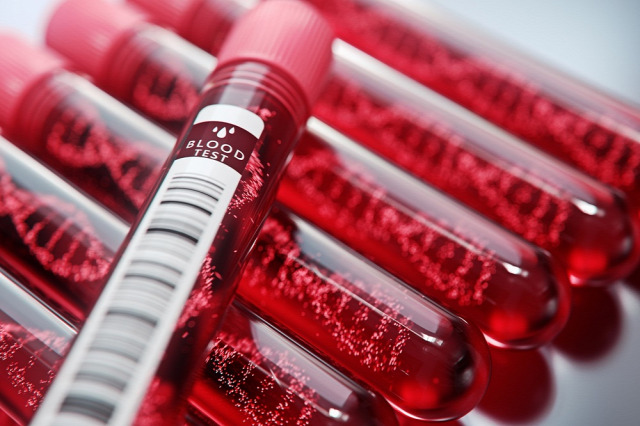
The Europe Minimal Residual Disease (MRD) Testing market is experiencing significant growth due to the increasing prevalence of cancer, advancements in diagnostic technologies, and the rising awareness about early cancer detection. MRD testing, which detects the presence of cancer cells that remain after treatment, plays a crucial role in monitoring the efficacy of cancer therapies and predicting relapse, thus enabling personalized treatment plans and improving patient outcomes. The Europe MRD testing market is projected to reach $1,744.0 million by 2033 from $424.0 million in 2023, growing at a CAGR of 15.19% during the forecast period 2023-2033.
What are MRD Tests?
MRD (Minimal Residual Disease) tests are medical assessments used to detect and measure the presence of residual cancer cells in a patient's body after treatment. These tests are crucial in evaluating the effectiveness of cancer treatments and determining the risk of disease recurrence. They help guide further treatment decisions and monitor a patient's progress.
Europe MRD Testing Market by End User
- Hospitals and Speciality Clinics
- Research Institutions
- Diagnostic Laboratories
Key Europe MRD Testing Market Drivers
- Rising Cancer Incidence: Europe has witnessed a steady increase in cancer cases, necessitating advanced diagnostic and monitoring tools.
- Technological Advancements: Innovations in next-generation sequencing (NGS), polymerase chain reaction (PCR), and flow cytometry are enhancing the sensitivity and accuracy of MRD tests.
- Government Initiatives: European governments and health organizations are actively promoting early cancer detection and personalized medicine, providing a conducive environment for MRD testing market growth.
- Clinical Research and Trials: Extensive research and numerous clinical trials are expanding the application scope of MRD testing across various types of cancers, particularly hematologic malignancies.
Request A Free Detailed Sample on Europe MRD Testing Market!
What is the normal range for MRD?
The commonly accepted MRD positivity threshold is 0.01%, primarily due to the standard limit of detection for routine flow cytometry and molecular tests. However, with PCR, it is feasible to routinely achieve a higher sensitivity of 0.001% in clinical samples, surpassing the usual threshold.
Encouraging regulatory environments such as European clinical guidelines recommending testing patients who achieve a complete hematological remission (complete remission, CR) for MRD for the purpose of risk stratification is underpinning the market growth. For instance, MRD testing is an important biomarker in acute lymphoblastic leukemia (ALL) and has become a standard practice across France, Germany, Spain, Italy, and the U.K. Healthcare providers are increasingly adopting MRD testing in the management of AML, ALL, and chronic myeloid leukemia (CML).
Future Prospects
The future of the Europe MRD testing market looks promising, with several trends expected to shape its trajectory:
- Integration with Artificial Intelligence: AI and machine learning are anticipated to enhance the accuracy and predictive capabilities of MRD tests.
- Expansion into New Cancer Types: Ongoing research is likely to extend the application of MRD testing to a broader range of cancers.
- Point-of-Care Testing: Development of rapid and portable MRD tests could revolutionize cancer monitoring by enabling real-time, on-site testing.
Some prominent names established in this market are:
- Cergentis B.V.
- F. Hoffmann-La Roche Ltd
- ICON plc
Unlock the Detailed: Download Our ToC Now!
Conclusion
The Europe MRD Testing market is poised for substantial growth, driven by technological advancements, increasing cancer prevalence, and supportive government initiatives. As the market evolves, it holds the potential to significantly improve cancer management and patient outcomes through early detection and personalized treatment strategies. With continued innovation and investment, the future of MRD testing in Europe looks bright and promising.

